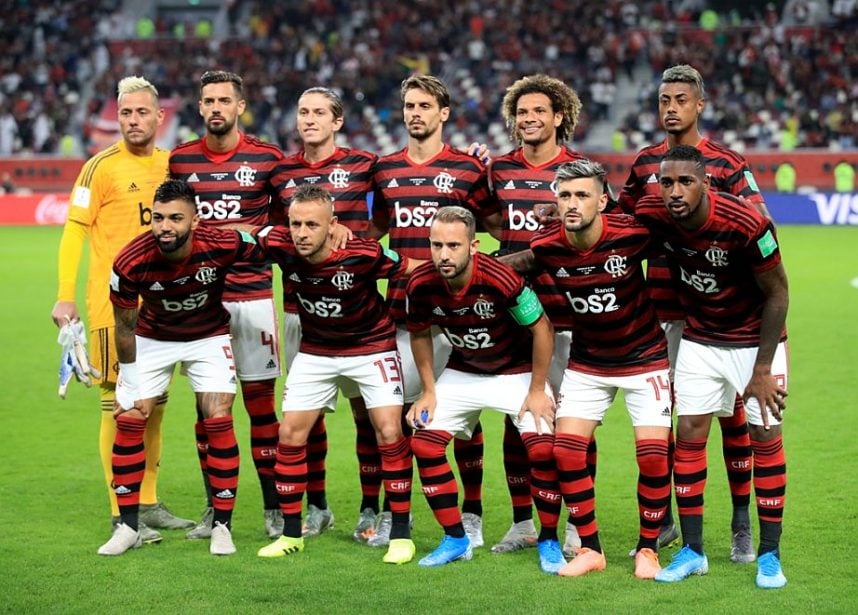Posted on: April 6, 2023, 03:41h.
Last updated on: April 6, 2023, 03:41h.
Brazil’s Finance Minister, Fernando Haddad, recently announced a plan to implement a tax on sports betting operators, a possible precursor to full acceptance of the activity. The measure led to a call for the operators to participate in a discussion of the plan, and now several soccer teams want in, as well.

Eight of Brazil’s premier football clubs have formally requested the federal administration give them a chance to weigh in on policies and guidelines for online betting. Major clubs like Corinthians FC, Flamengo FC, Palmeiras, and São Paulo FC are among the list of signatories and are among the richest in the country.
Bookmakers serving Brazil, and which support the top 20 teams, operate from other countries due to the government’s inability to regulate the platforms. If this changes, the soccer clubs want to get a significant piece of the revenue.
Brazil Losing Millions of Dollars
On Monday, in an interview with Globo News, Haddad reiterated that the sports betting tax could generate an annual revenue of BRL 12 to 15 billion (US$2.3 to 3 billion). That’s twice the previous estimates.
Given that sports betting is not completely legal in Brazil, despite a presidential decree five years ago, all of that potential revenue is flowing out of the country. Attempts to correct the situation last year failed.
That decree gave the Ministry of Finance a four-year mandate – until last December 13 – to introduce sports betting regulations. That day came and went without any progress.
Now that Haddad is taking action, developing an economic strategy is going to require input from all levels of the betting industry. In their collective letter to the government, the clubs asserted that they need “direct participation in legislative discussions” that discuss any regulation of sports betting.
This is partly due to the financial implication of the tax, but also because of intellectual property (IP) concerns. The soccer clubs rightly feel that they deserve the opportunity to provide input on the regulations because the sportsbooks are using their IP in advertising and other marketing initiatives.
Show Us The Money
The Ministry of Finance knows what might be in store as the soccer teams ask to come to the table. It has already dealt with criticism from the Brazilian Football Confederation (CBF, for its Portuguese acronym) because of the tax plan.
The CBF wants to receive a bigger portion of the revenue the government earns from the upcoming sports betting tax. The group pointed out that companies that authorize their brands for government-led lotteries receive 1.63% of the net revenue. However, the CBF wants at least 4% of the gross revenue.
There’s still more work to be done before the tax arrives, and it won’t be an easy job. Legislators still have to figure out how to regulate the industry, as well, which is also causing issues.
The provisional sports betting measure could prohibit betting sites from sponsoring soccer clubs, championships or sports entities if those operators don’t have a headquarters in Brazil. Currently, 10 betting companies sponsor 19 of the 20 teams in Serie A of the Brazilian Championship and most of them are based in places like Malta, Curacao and Cyprus.